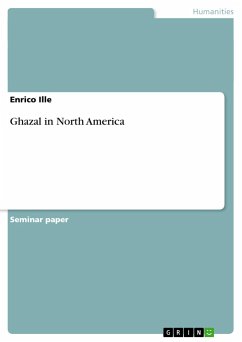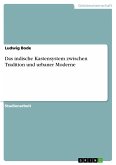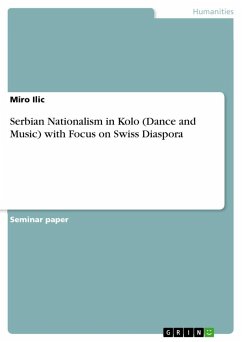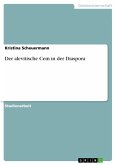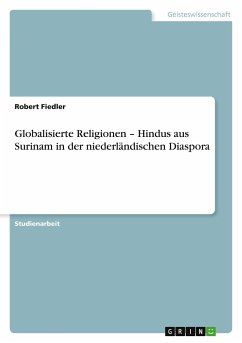Seminar paper from the year 2004 in the subject Ethnology / Cultural Anthropology, grade: 1,3, Martin Luther University (Institut für Ethnologie), course: Indische Diaspora, language: English, abstract: "Sikhs, Hindus and Muslims can share their love of Urdu and take part in the same musha'ira, ghazal and qawwali sessions, forgetting their differences for the space of the evening." The great metapher 'space of an evening' can be completed with the image of a short-time covering umbrella. Both refer to the scope and limits of unification through cultural activity. The gaps between the cited groups emigrated like their guards from India, though they temporarily lost their meaning with the first small numbers. But later the gaps were reconstructed as reaction on the necessary subordination beneath the ber parts of bigger groups. Here they found new ground in stabilized circumstances and established connections to some kind of homeland.ghazal serves as marker of differences, because of its paradoxical existence on boundaries. It bridges gaps, it reverses them through shared emotions and shared interests, but it also opens new ones. The flexibility of the genre attracts most different audiences, but their understanding of the 'true' or the 'best' ghazal may bly diverge. The mystical interpretation respectively the poetic tradition just relate to the same essence of form, language and theme, for instance. Therefore there is a wide field open to share the same term without sharing the same content. To explore this field can give an idea of the range of differences in a specific cultural activity. Their divergence from differences in the environment may be an indication of some 'reversal power'.My utilization of 'culture' and 'cultural activity' has to be clarified. Both is meant in a narrow sense of art production and art reception. The performance of sound is naturally temporary, just as its possibility to maintain a group, that only exists for its reception. The implications of a art form give an idea of the implications of the reception. Therefore it reflects the conditions of the group, that shares a performance. At the same time dislocated performances of mechanical reproduction have other conditions of time than concerts and poetry assemblies. Consumers of cassettes, compact discs etc. are dislocated connected without necessarily direct contact. Consumers as audience in a room are necessarily in direct contact without the possibility of dislocation. ghazal exists successfully in both forms, it reflects the conditions of the diaspora of an art form and its recipients to a high degree.My considerations are limited on South Asians in North America. [...]

